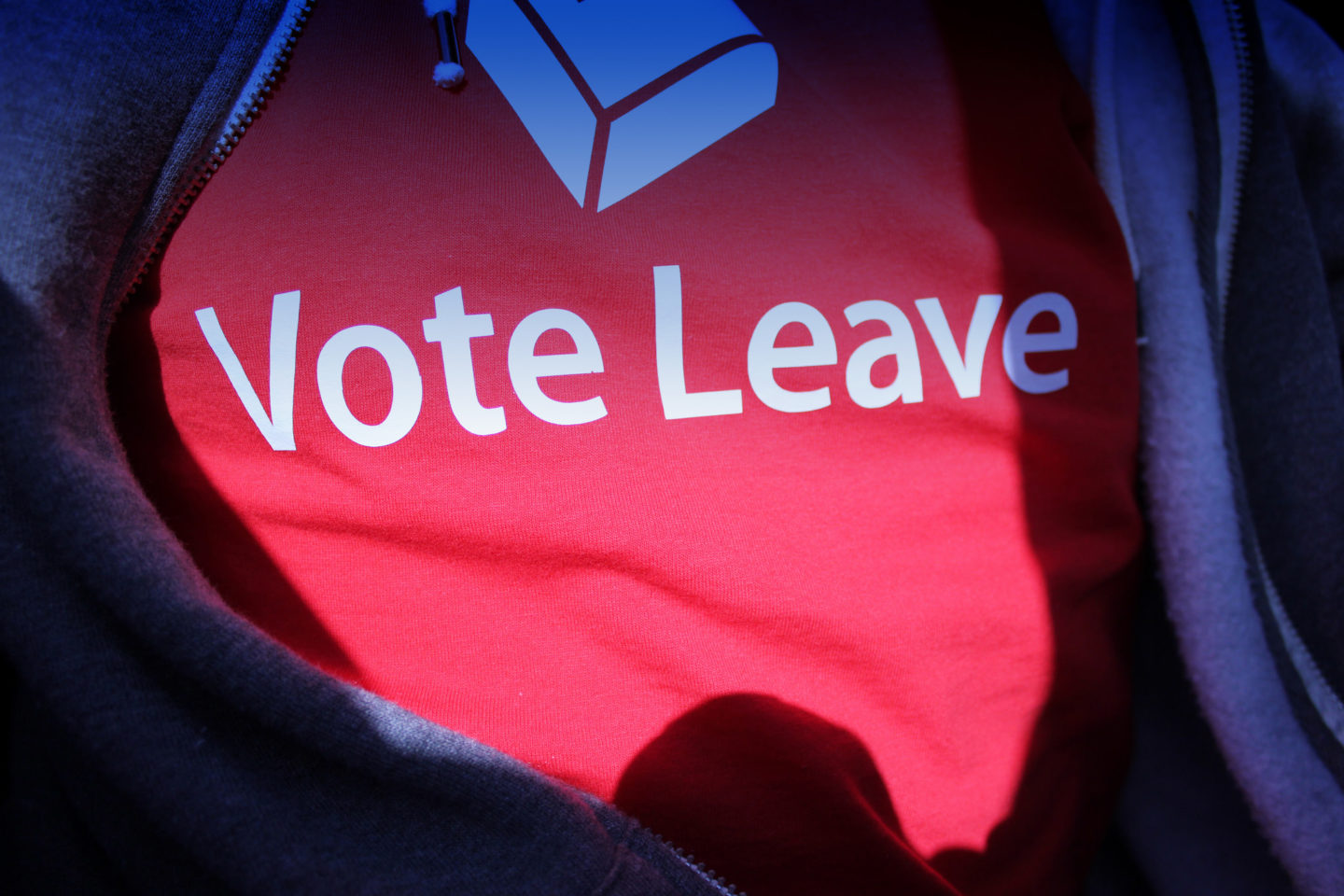The SNP has consistently argued that any Brexit deal should keep Scotland and the UK inside the single market.
In an interview with Andrew Marr on 10th November, the party’s Westminster leader Ian Blackford said that voters had been misled before last year’s vote.

He argued that the public had not known that Brexit would mean leaving the single market.
So, were voters misled over the issue of the single market, or did they vote to leave despite that?
Ferret Fact Service assessed Blackford’s claim that people had been misled and found it to be Half True.
Evidence
The European single market is an important economic feature of the European Union.
Put simply, it attempts to make trade between EU countries as easy as possible. The European Union describes the single market as an area where “the free movement of goods, services, capital and persons is assured, and in which citizens are free to live, work, study and do business”.
There are more countries with single market access, 32, than there are EU members, 28. This is because of the four countries which make up the European Free Trade Association (EFTA)– Norway, Iceland, Liechtenstein and Switzerland.
Apart from Switzerland, which has bilateral treaties, these non-EU countries get access through membership of the European Economic Area (EEA) which allows non-EU members almost full membership of the single market.
After Brexit, there were thought to be broadly three likely outcomes for Britain’s relationship with the single market – membership of the EEA, a free trade agreement (like Switzerland and Canada, for example) or using World Trade Organisation (WTO) trade rules. Talks continue between the UK and European Union over the shape of any future trade deal.
The Institute for Fiscal Studies has looked at the probable result of each option.
If the UK remained as EEA members, it would likely keep “near-full membership of the single market on services and similar access on goods”. A free trade agreement deal would be heavily dependent on negotiation, and WTO rules would still mean ‘access’ but costs and trade barriers.
Part of Ian Blackford’s claim was that voters were not told that leaving the European Union would result in exiting the single market.
While it is clear that leaving the single market was not explicitly mentioned on the ballot paper, many senior figures on the Leave side said that this would be the case, including Boris Johnson and Michael Gove.
In an interview with Andrew Marr on 8 May 2016, Michael Gove said: “We should be outside the single market. We should have access to the single market, but we should not be governed by the rules that the European Court of Justice imposes on us.”
Official campaign Vote Leave said: “Britain will have access to the Single Market after we vote leave” but not membership.
But it is not quite that simple. Prior to the vote, there were also a number of examples of leading Brexit campaigners saying the UK could keep access to the trading area.
Central Leave figure Nigel Farage talked up the so-called “Norway option”, which retains access to the single market by membership of the EFTA and EEA.
This was also suggested as a solution by prominent Brexit supporter Arron Banks. Banks said on 30 December 2015: “Increasingly the Norway option looks the best for the UK”.
The public’s reasons for voting to leave are difficult to pin down. Polling since the July referendum shows a number of different motivations and these have shifted as negotiations continue.
A July 2016 Comres/BBC poll of British voters found that 66 per cent said the government should focus on “maintaining access to the single market so Britain can have free trade with the EU”. Among leave voters, 42 per cent agreed but this was secondary to restricting freedom of movement.
A Brexit polling day survey by Lord Ashcroft found one third of leave voters said it “offered the best chance for the UK to regain control over immigration and its own borders.”
EU leaders have said that staying in the single market means keeping freedom of movement, which means any restriction on immigration would be extremely difficult to square with membership.
However, the same poll showed only 6 per cent of those who backed Brexit did so because “when it comes to trade and the economy, the UK would benefit more from being outside the EU than from being part of it.” This suggests that economic concerns played a fairly small role in the decision process for leave voters.
Ferret Fact Service: Half True
Britain’s relationship with the single market was at stake during the Brexit referendum, even if it was not explicitly on the ballot paper. Ian Blackford’s argument that people did not vote to exit the single market is partially true. Before the vote, there were mixed messages from the Leave side about the future of trading access. However, there were clear warnings that an end to freedom of movement would be very difficult while staying inside the market.

In response to an evidence request, the SNP said: “It was not on the ballot, and the single market does not equal the EU. Ian was expressing his view that he does not believe people were voting to leave the Single Market and all that would entail.”
Photo thanks to fernando butcher, CC BY-SA 2.0














